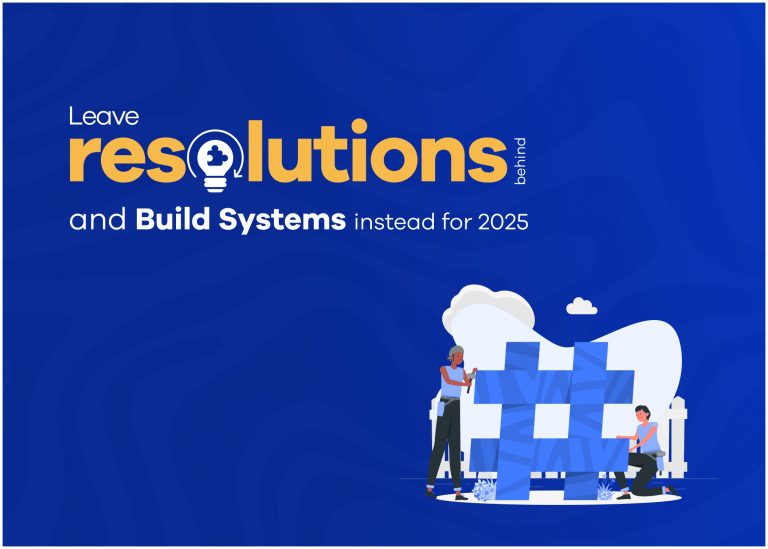You have most likely said to yourself or heard a friend say that making more money will solve all the problems that they have with money now. Have you ever had a long day and still needed to spend money at the end of it? Sucks
Newsflash, making more money gives you more to work with, but if you still have a botched system for money management or none, you’ll always ask the old question, where did all my money go? It’s easy when your finances are stretched thin, when you’re behind on bills or goals, to not only hide away but to isolate yourself from the people and communities you care about until the underwhelming is over.
But that doesn’t automatically solve all the money problems you have, so let’s walk through tips and tricks that you can immediately implement. From the best way to budget to how to boost your earning potential and more, starting strong, you need financial basics before even delving into how to expand your earning potential. And here is a list of four healthy money habits that can benefit your future financial health.
Create a financial calendar. Do you trust yourself to remember all the plans you make in your head. The short answer to that is no. There are many financial-related tasks you need to carry out, and the foolproof way to do all of them is to have a financial calendar to show a visual representation of your important money-related tasks.
Know and track your net worth. In simple terms, your net worth is the difference between your assets and debt. This gives you a clear picture of where you stand financially. Keep your eye on it. It will help keep you updated on your money goals’ progress or alert you if you backslide.
Plan your purchase with a budget. A budget is the starting point of many other goals in your financial journey. You do not need continuous low account balance warning to admit that tracking every naira is important. Track your expenses and still enjoy your life. Be sure to set a goal for yourself when it comes to spending. Set small goals first so you can meet them. We often assume that these one-off expenses are surprises, but they are most often predictable, and a little intentionality goes a long way at smoothing out your spending and planning for the future.
Establish Financial Goals: Building goals and savings targets into your budget 100% changes how you look at your money. Establishing personal finance goals provides an opportunity for you to decide today who you want to be and what you want your life to look like in the future. Is that going back to school, buying a house, paying off debt? Whatever it is, we all have different priorities. It’s important to find the “why” behind your goals.
If you are excited about planning our next vacation, Summer 2024, draft a guide with all the places you want to visit, how much it’ll cost, and start to save money with the summer Target Savings Challenge on Vale. If you change plans at the last minute, you can leave the money in the Target plan to keep accruing interest until you decide to travel.
Your financial goals help keep you motivated in your spending habits because you are saving to reach your goal fast. Everything else is secondary until you have saved up to the amount you want.
Now that you have your budget on lockdown, and have evaluated your net worth, you can start working on a realistic plan on how to earn more money. If you focus on small, bite-sized healthy money habits today, you’ll completely transform your tomorrow.


